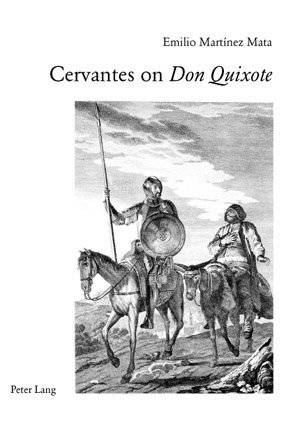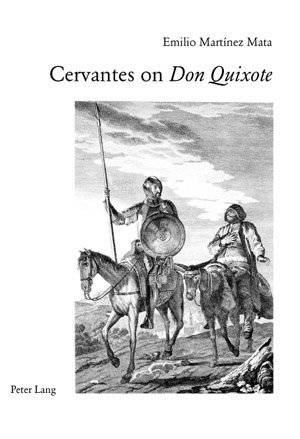
- Afhalen na 1 uur in een winkel met voorraad
- Gratis thuislevering in België vanaf € 30
- Ruim aanbod met 7 miljoen producten
- Afhalen na 1 uur in een winkel met voorraad
- Gratis thuislevering in België vanaf € 30
- Ruim aanbod met 7 miljoen producten
Zoeken
Cervantes on «Don Quixote»
Translation from Spanish by Clark Colahan- Foreword by Anthony Close
Emilio Martinez Mata
€ 81,45
+ 162 punten
Omschrijving
Commentary on Don Quixote is as universal as affirmations of the novel's importance, yet until now no study has examined what Cervantes said about it. In the prologue to the first half of the work (1605) the self-conscious author, in a tongue-in-cheek dialogue with the reader and an unconventional friend, makes a good number of comments on his own book. In the opening chapters of Part 2 (1615), the same sort of witty evaluation continues with remarks by Sancho Panza, Sansón Carrasco and Don Quixote in a lively and extended conversation focused on what has been said about Part 1 since its publication and how the characters feel about those readings. The present study carefully examines and compares these and other self-reflective passages to clarify the work's successes and failures as interpreted by a privileged reader - the author himself.
Specificaties
Betrokkenen
- Auteur(s):
- Uitgeverij:
Inhoud
- Aantal bladzijden:
- 204
- Taal:
- Engels
- Reeks:
- Reeksnummer:
- nr. 28
Eigenschappen
- Productcode (EAN):
- 9783034303521
- Verschijningsdatum:
- 29/03/2010
- Uitvoering:
- Paperback
- Formaat:
- Trade paperback (VS)
- Afmetingen:
- 150 mm x 220 mm
- Gewicht:
- 289 g

Alleen bij Standaard Boekhandel
+ 162 punten op je klantenkaart van Standaard Boekhandel
Beoordelingen
We publiceren alleen reviews die voldoen aan de voorwaarden voor reviews. Bekijk onze voorwaarden voor reviews.











